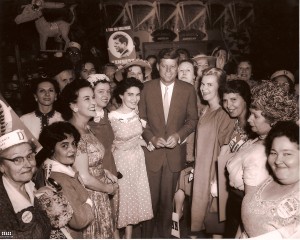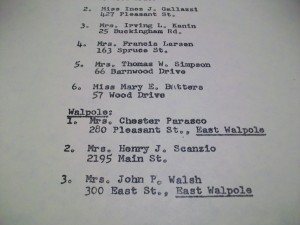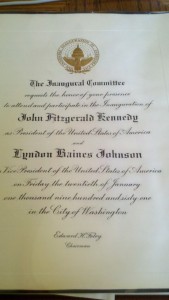After I read the article about the 4th grade Virginia textbook, I thought that Joy Masoff should not be writing any books, especially history books. She is not a trained historian, and should not be writing textbooks for schools. In the article, she even admits that her statement/sentence about thousands of black Confederate soldiers was based on information she found on the internet. It is obvious she needs training as to how to conduct research, and write textbooks. The review board should have also done a better job evaluating her textbook. This is why parent involvement is so important, because an actual historian and parent, Carol Sheriff noticed the sentence in her daughter’s textbook and had a problem with it as a parent and as a historian.
The problem with the docents at the Baron Von Munchausen House, is likely they did not receive adequate training. It could be that someone else told them that the myths were true so they are just repeating what they have learned. Here too is an excellent reason to do your own research before you go on a tour of a historic home/site. The docents should also be conducting their own research and educating themselves. Just because someone is a docent, or wrote a history textbook does not mean they are being historically accurate. The fact that Historian Larry Cebula heard several myths reported by the docent, and calling slaves “servants” is not being accurate and is downright wrong; the site definitely needs to focus on correcting and improving upon their interpretation of history, and training their docents to be historically accurate.
The response of the curator I find rather comical. Maybe the curator forgot to take her “meds” that day. I especially found it ridiculous that they omitted slavery due to some kids teasing others. To change history, or omit facts so as not to make someone feel uncomfortable is not what a historic institution should do. Obviously some of the teachers need to educate their students before the tour as to how to behave.
After reading the article about Earl Taylor, it just reinforces again that when you want others to follow your political agenda, people are willing to change or omit real events of the past to suit their agenda. The fact that Taylor said that Jefferson’s slaves wouldn’t want to leave Monticello is ridiculous. Of course they would want their freedom. During Taylor’s workshops, he just omits past events as if they didn’t exist, and reports on portions that fit in with his philosophy or agenda. Obviously, he is not being historically accurate. I don’t agree with information being changed or omitted to fit with a political agenda. Yes, it is an ethical dilemma….
Here is an interesting site I found, not related to this week’s topic. This site has several photos of historic Boise


